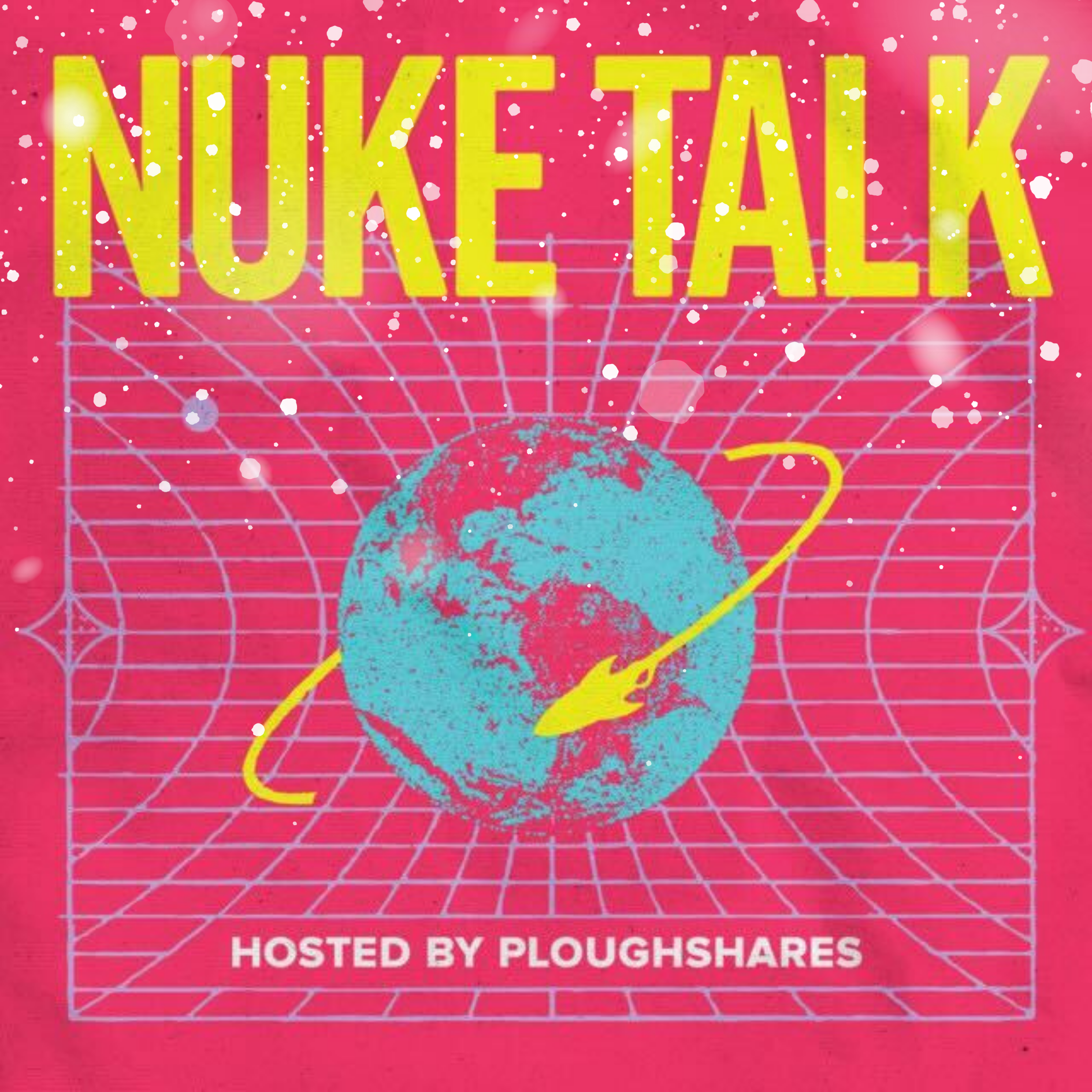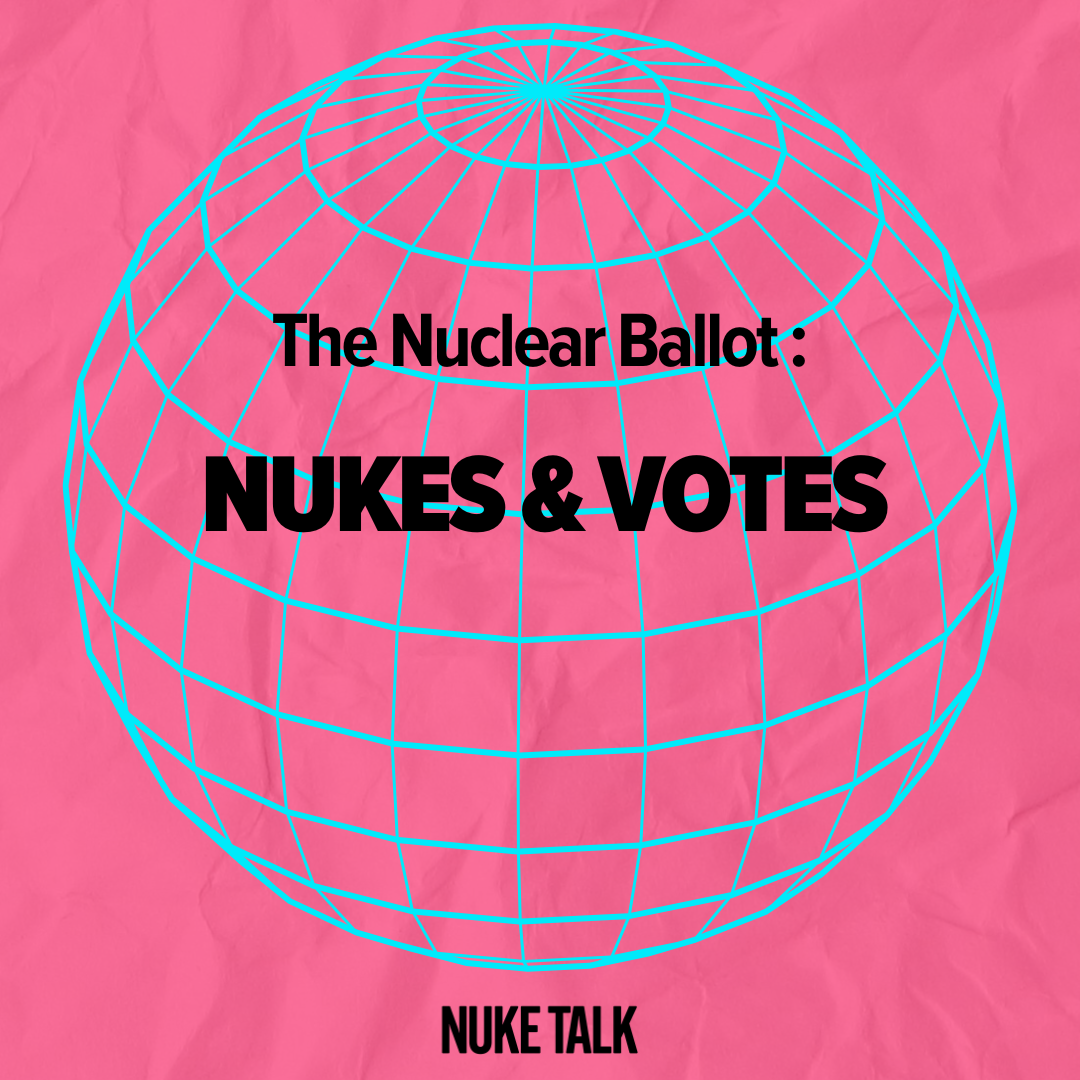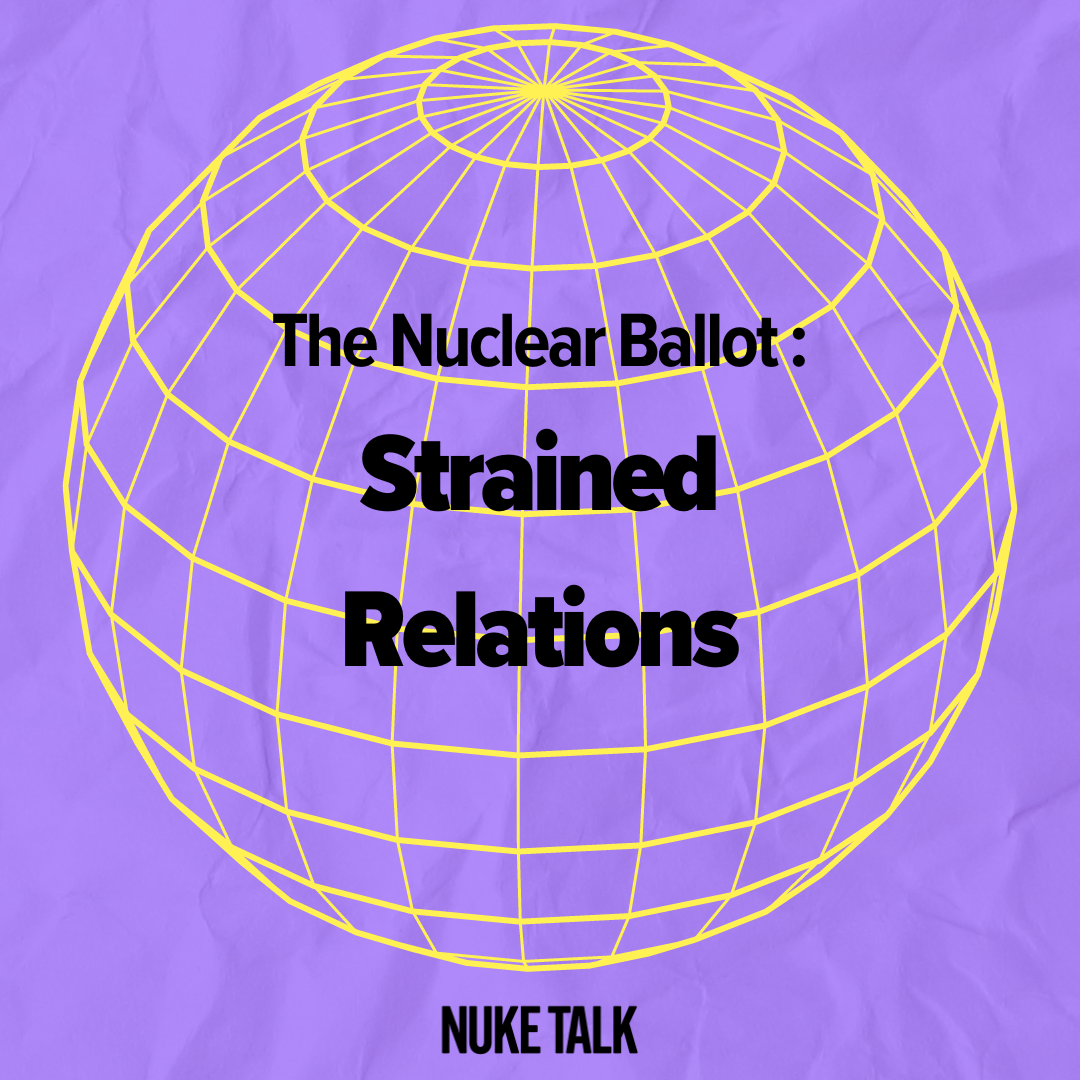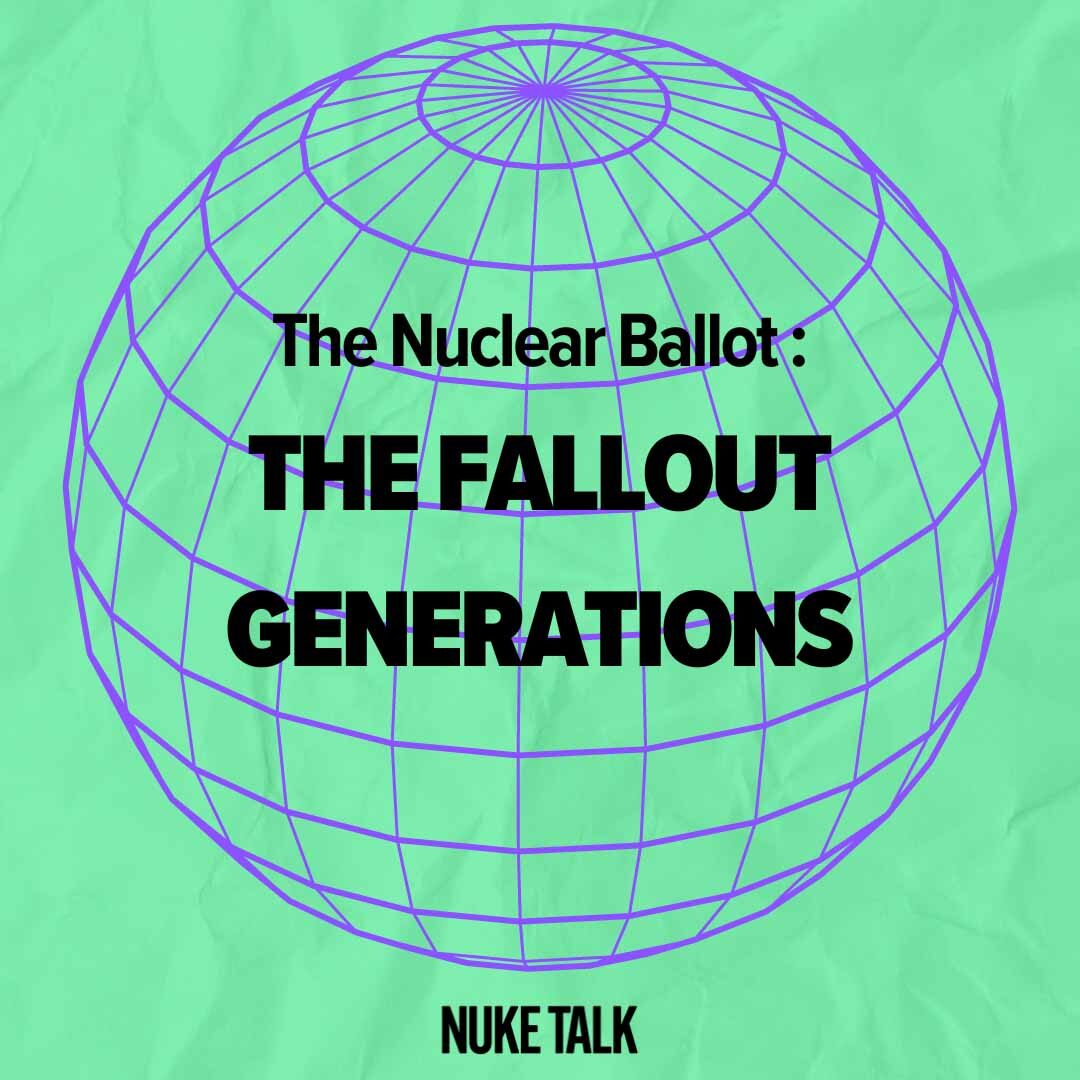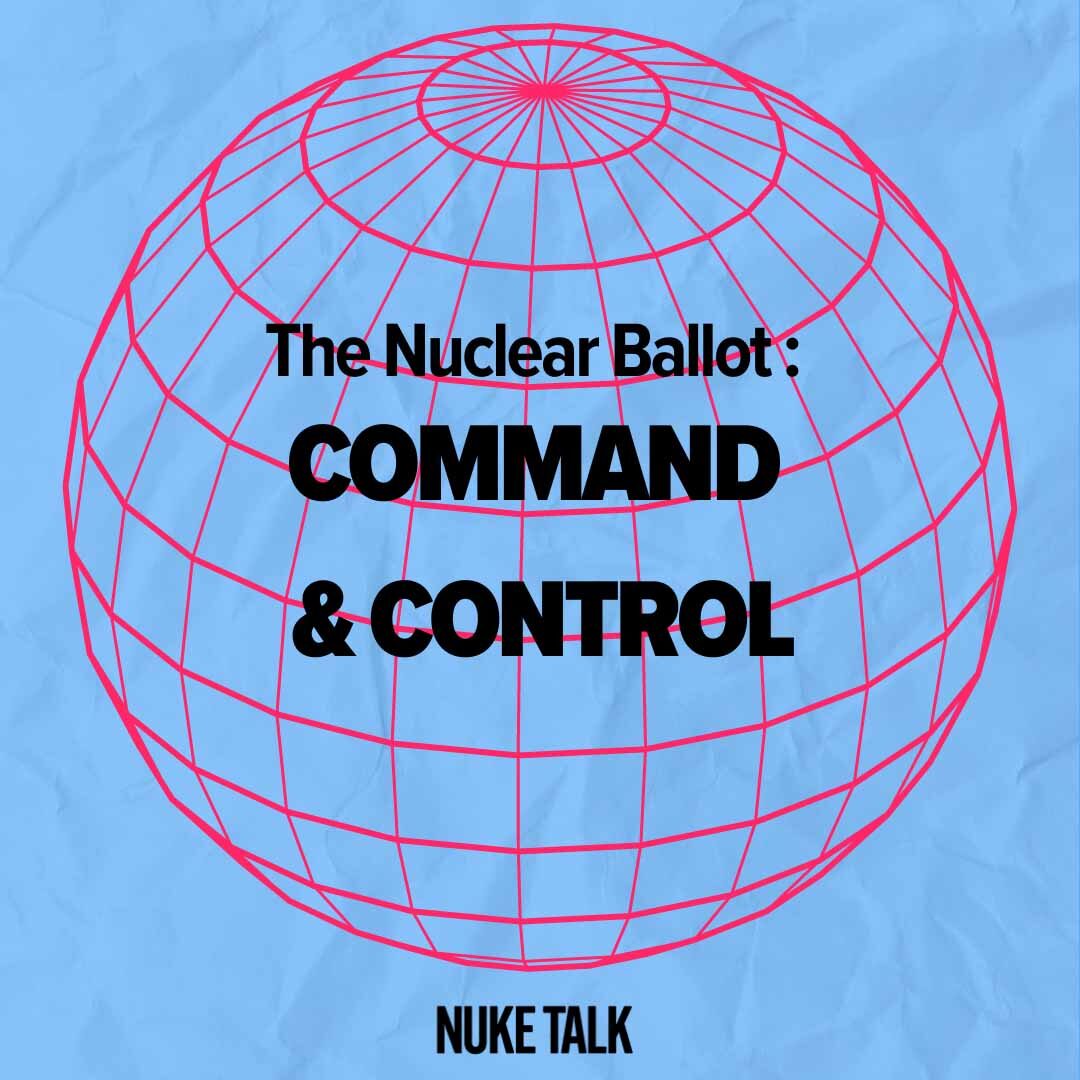Story Center
Current news and exciting stories highlighting the good, the bad, and the truth about nuclear weapons in the world.
The Big Story
Nuclear Legacy
New Mexico is a land of enchantment; she casts spells and curses, gives beauties and pains, forever gifting you for walking her deserts with all things wonderful and all things horrifying. She holds adventures, mysteries, and secrets. She was my home. But before she ever housed me, she housed Fat Man and Little Boy. And ever since then, New Mexico sends curses to my family and to me that can never be undone.
Please contact Lauren Billet at lbillet@ploughshares.org for further information on any of these stories or to arrange for interviews.




